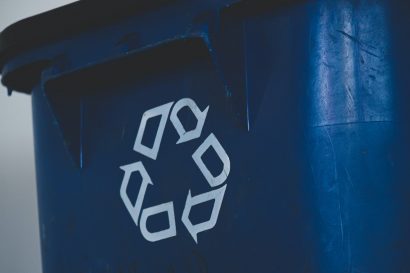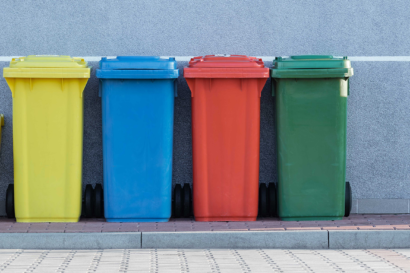REPORTS & BRIEFINGS | 14/12/2017
Beyond the Circular Economy Package: maintaining momentum on resource efficiency

The EU is making steady progress in improving the resource efficiency of its economy.
Between 2000 and 2016, the EU-28’s resource productivity went from €1.47/kg to €2.07/kg, an increase of 41%[1]. This is happening in a context where the EU is gradually moving towards a more export oriented economy. Its ratio of physical imports (mainly fossil energy materials and metal ores) to physical exports (mainly semi-manufactured and finished products) measured in tonnes per capita, dropped from 3.6 in 2000 to 2.5 in 2016[2], suggesting an improvement in productivity.
However, the job is far from done. In 2014, the total waste generated in the EU-28 by all economic activities and households amounted to 2,503 million tonnes, the highest amount recorded for the 2004–2014 period[3]. Whilst improving resource efficiency will generally make good business sense, businesses often face a number of barriers to taking greater action, ranging from regulatory obstacles and a lack of effective market signals to difficulties in obtaining finance or technical advice to drive innovation. Public policy, therefore, has a role in supporting greater business action on resource efficiency.

